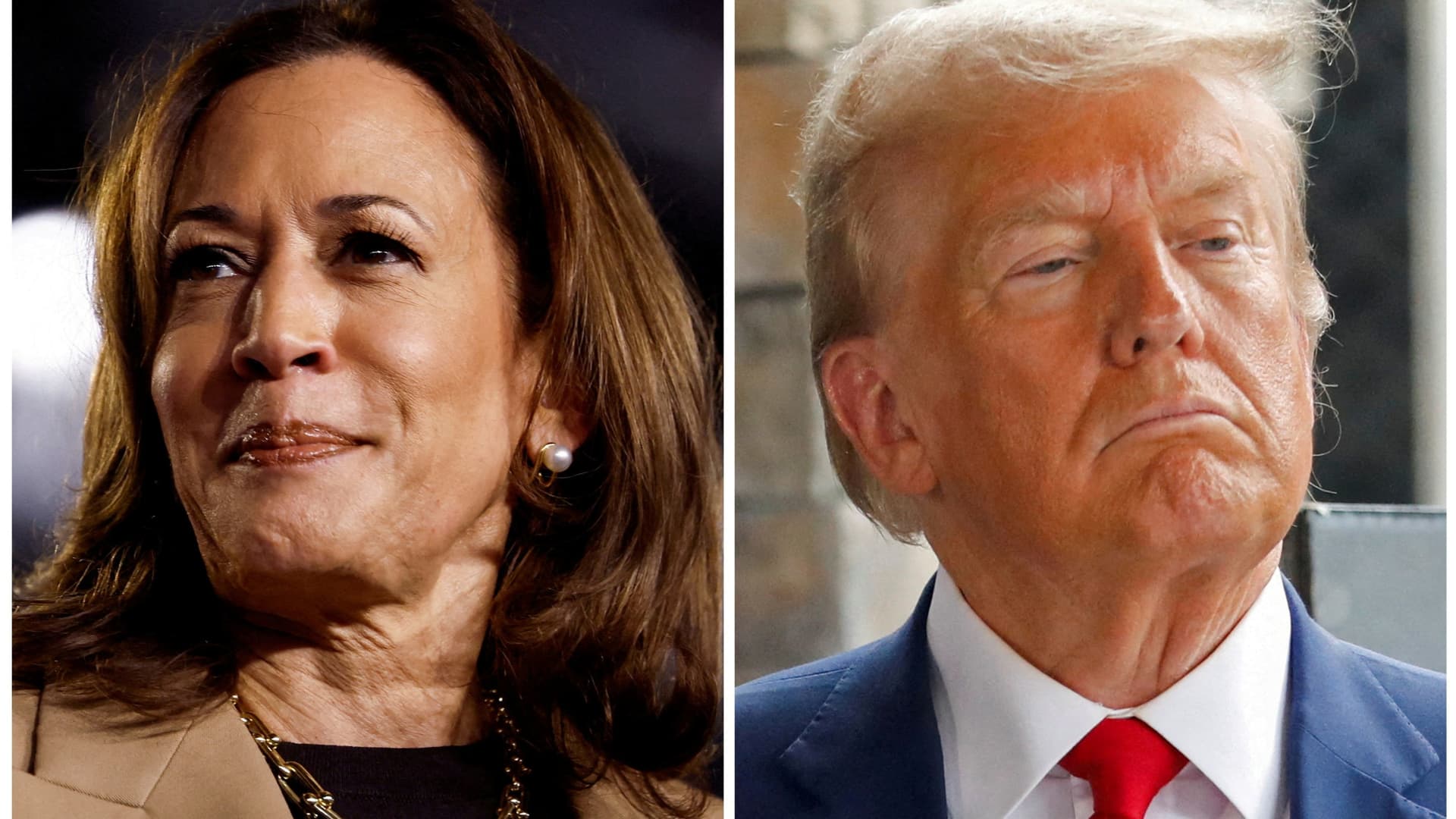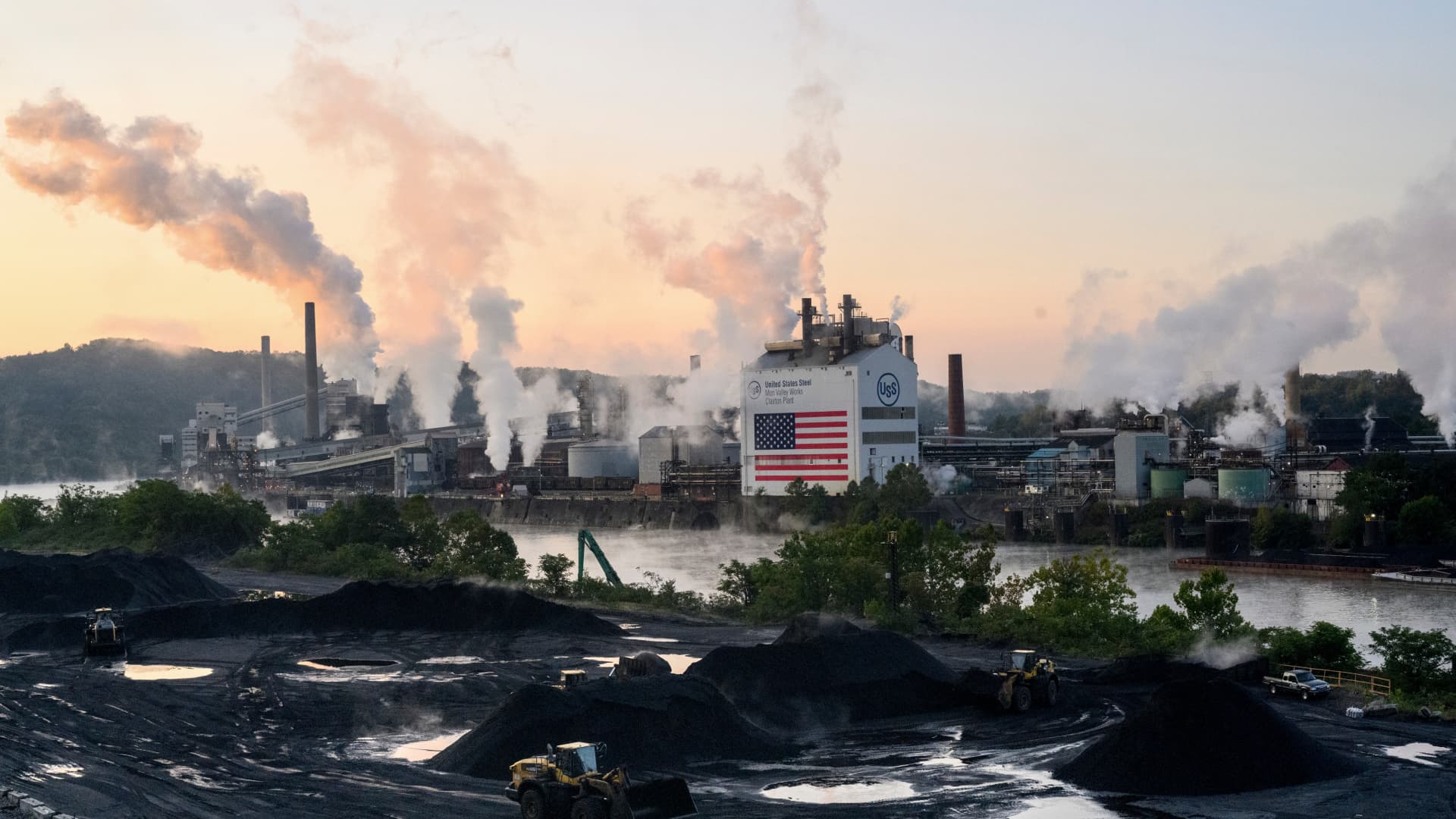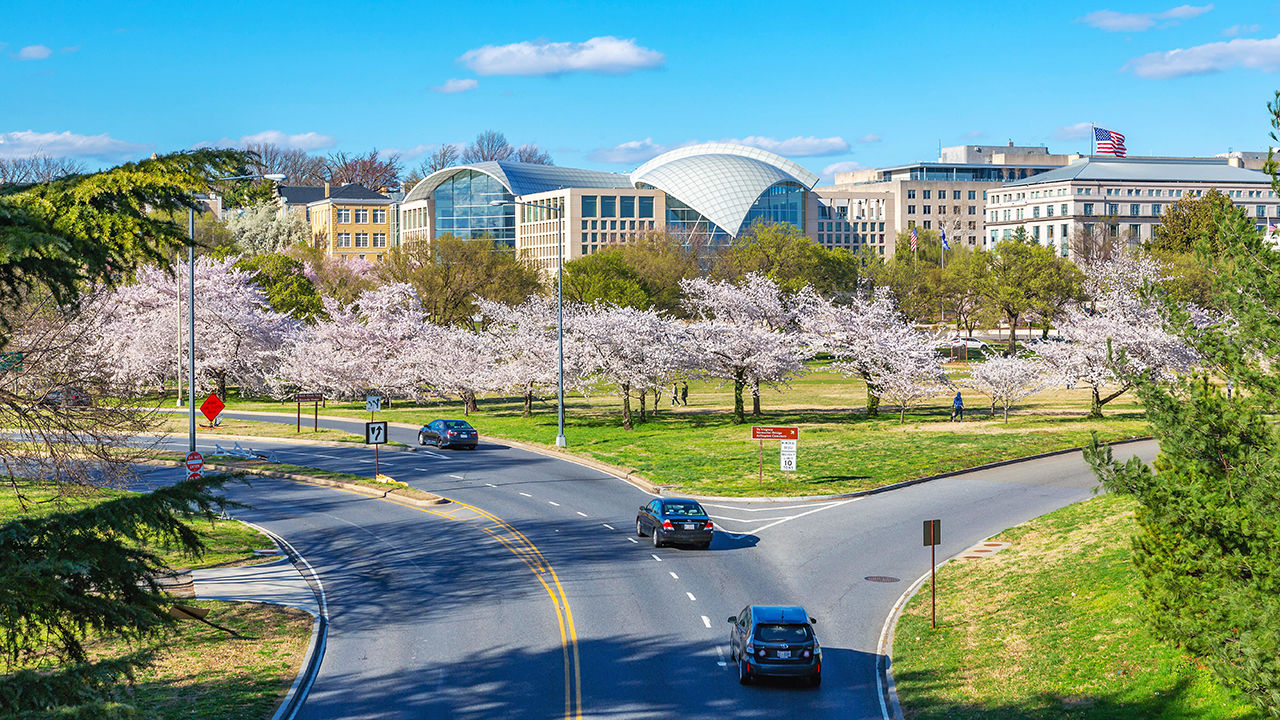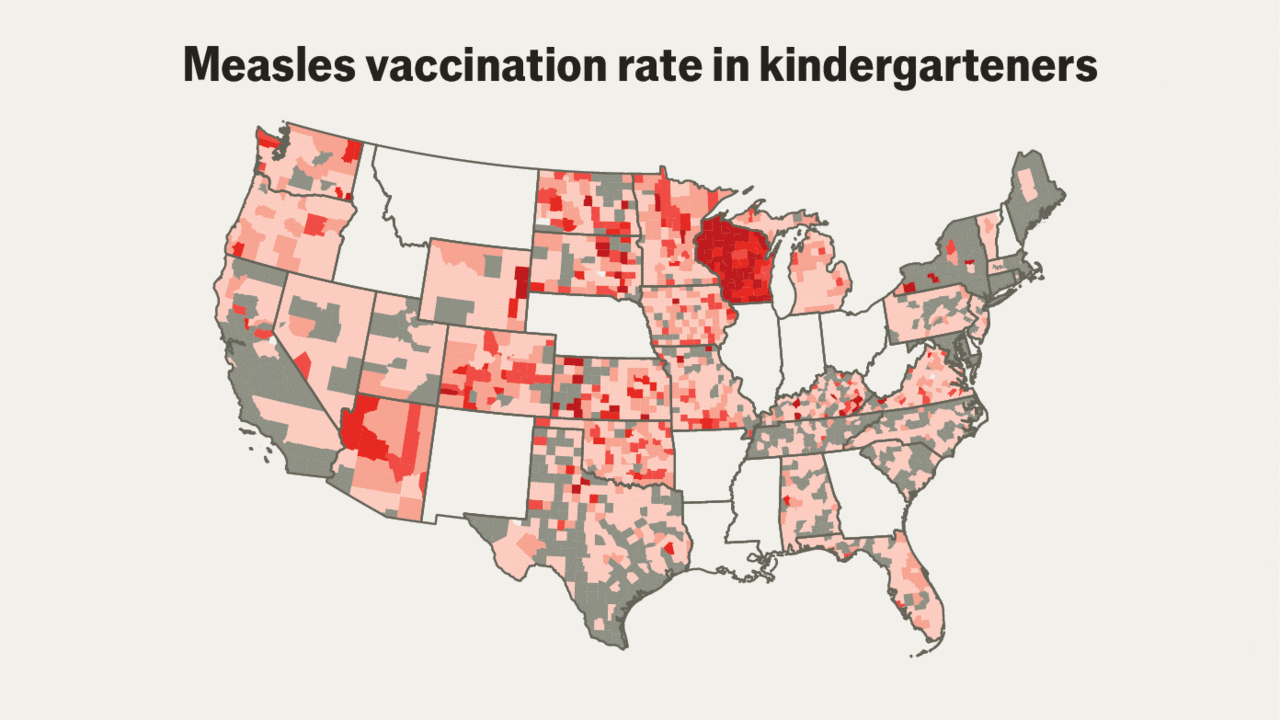Economics
Gender? Economy? Experts weigh in what could flip the presidential race
-

 Economics1 week ago
Economics1 week agoThe low-end consumer is about to feel the pinch as Trump restarts student loan collections
-

 Economics1 week ago
Economics1 week agoViolent crime is falling rapidly across America
-

 Economics1 week ago
Economics1 week agoAre American Catholics ready for an American pope?
-
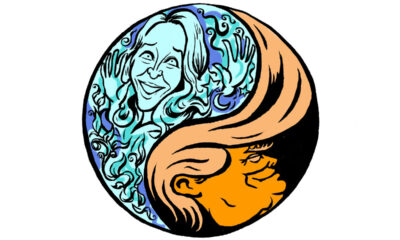
 Economics1 week ago
Economics1 week agoEmbrace the woo woo
-

 Blog Post1 week ago
Blog Post1 week agoBest Practices to Auditing Your Bookkeeping Records
-
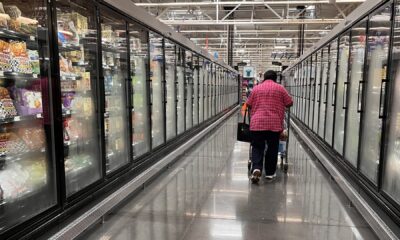
 Economics1 week ago
Economics1 week agoConsumer sentiment falls in May as Americans’ inflation expectations jump after tariffs
-

 Economics7 days ago
Economics7 days agoThe MAGA revolution threatens America’s most innovative place
-
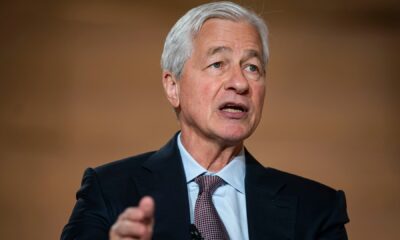
 Economics1 week ago
Economics1 week agoJPMorgan Chase CEO Jamie Dimon says recession is still on the table for U.S.

